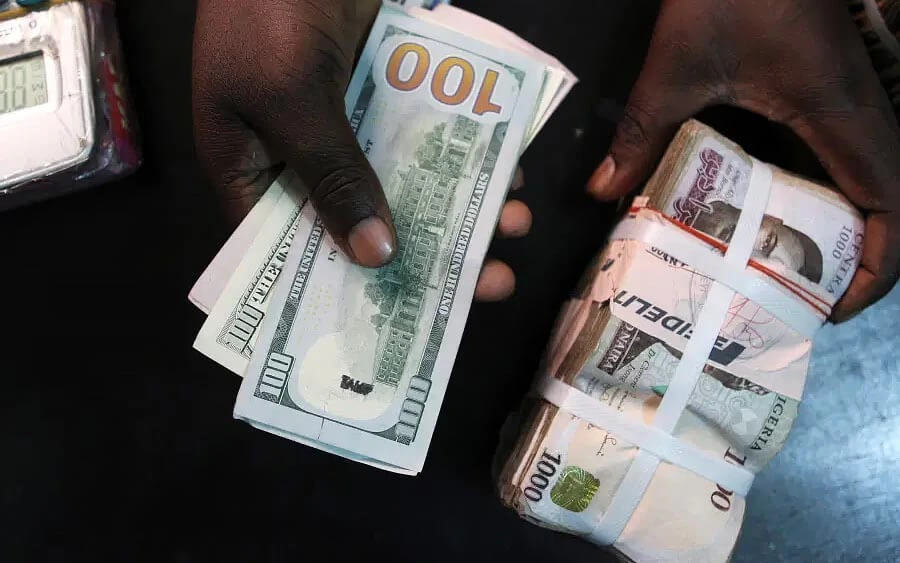CBN Secures N615.8bn in Latest Treasury Bills Offering

The Central Bank of Nigeria (CBN) successfully mobilised ₦615.8 billion during its most recent treasury bill auction conducted on May 21, marking a modest increase from the ₦598.3 billion in T-bills issued on May 7.
The 91-day instrument attracted significant investor interest, with the monetary authority offering ₦50 billion while receiving subscription bids totalling ₦72.56 billion. The bank allocated ₦71.67 billion of these short-term securities at a final yield of 18 per cent.
For the medium-term 182-day bills, the CBN made ₦100 billion available but experienced a subdued market response, recording only 46.8 per cent subscription levels with bids amounting to ₦46.84 billion. From this pool, ₦41.13 billion was allotted at a stop rate of 18.5 per cent.
The longest-tenor 364-day bills demonstrated exceptional market appetite, with the bank’s ₦350 billion offering generating overwhelming demand worth ₦1.052 trillion, representing a 300 per cent oversubscription. At a stop rate of 19.56 per cent, approximately ₦503 billion of these instruments were issued.
So far this year, the CBN has issued treasury bills valued at approximately ₦7.896 trillion, marginally exceeding the ₦7.867 trillion distributed during the equivalent period in 2024. Notably, 2025 issuances have featured moderately reduced interest rates compared to the previous year. March 2025 witnessed some of the most favourable T-bill rates observed since February 2024.
The 2024 fiscal year saw the central bank distribute treasury bills worth approximately ₦13.3 trillion, with yields ranging from 2.4 per cent to 22.93 per cent. During that period, the Federal Government projected a budget shortfall of ₦9.18 trillion against targeted revenues of ₦19.6 trillion. The mid-year budget implementation report revealed a ₦1.097 trillion revenue gap in the first half of 2024.
Oil market dynamics continue to challenge government revenue projections, with Brent crude prices trading roughly $10 below the ₦75 per barrel benchmark embedded in the 2025 budget framework. Additionally, daily petroleum production remains below the targeted 2.06 million barrels per day output level.
These unfavourable conditions suggest government revenues will likely underperform expectations, necessitating increased reliance on treasury bill issuances for fiscal financing. However, the substantial interest rates of these debt instruments present budgetary complications for the federal government.




